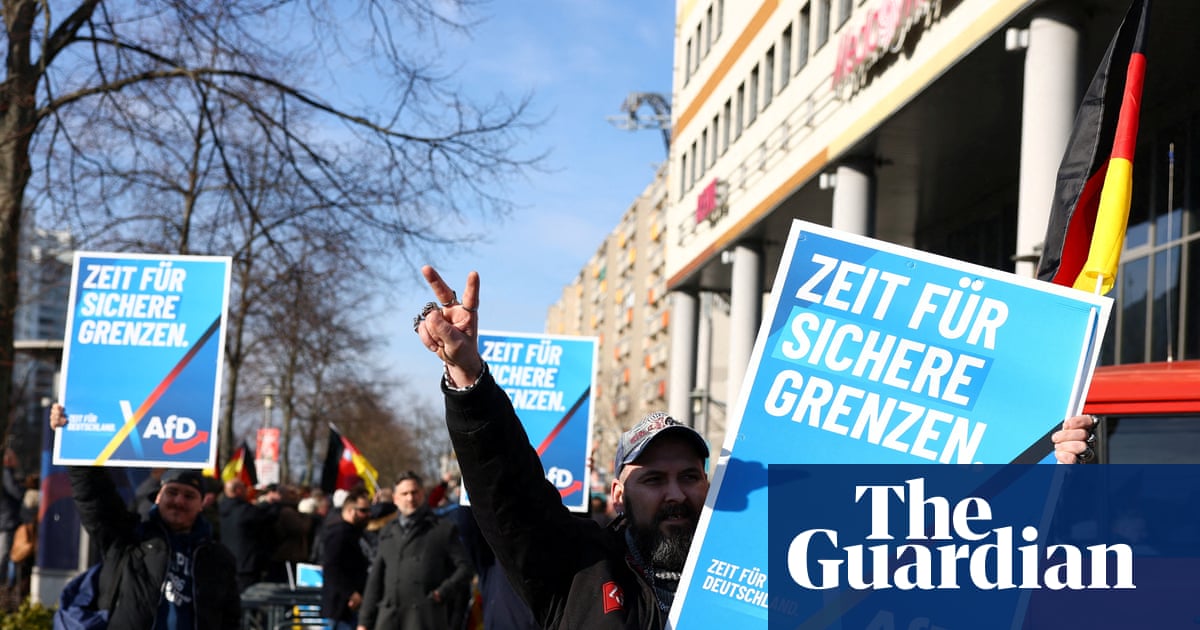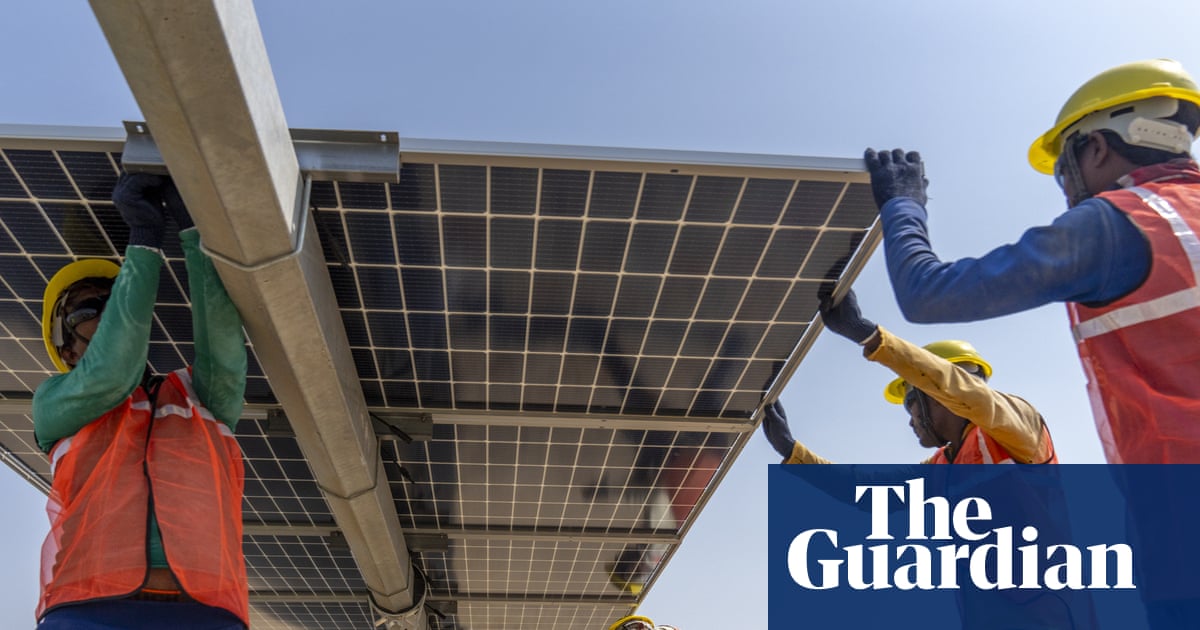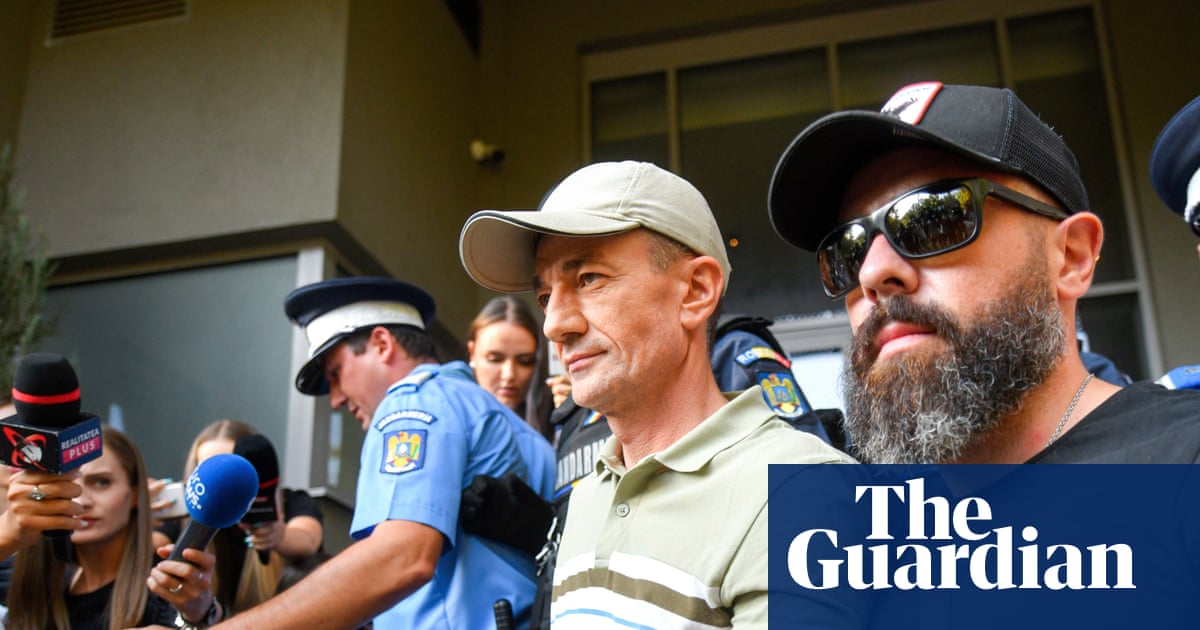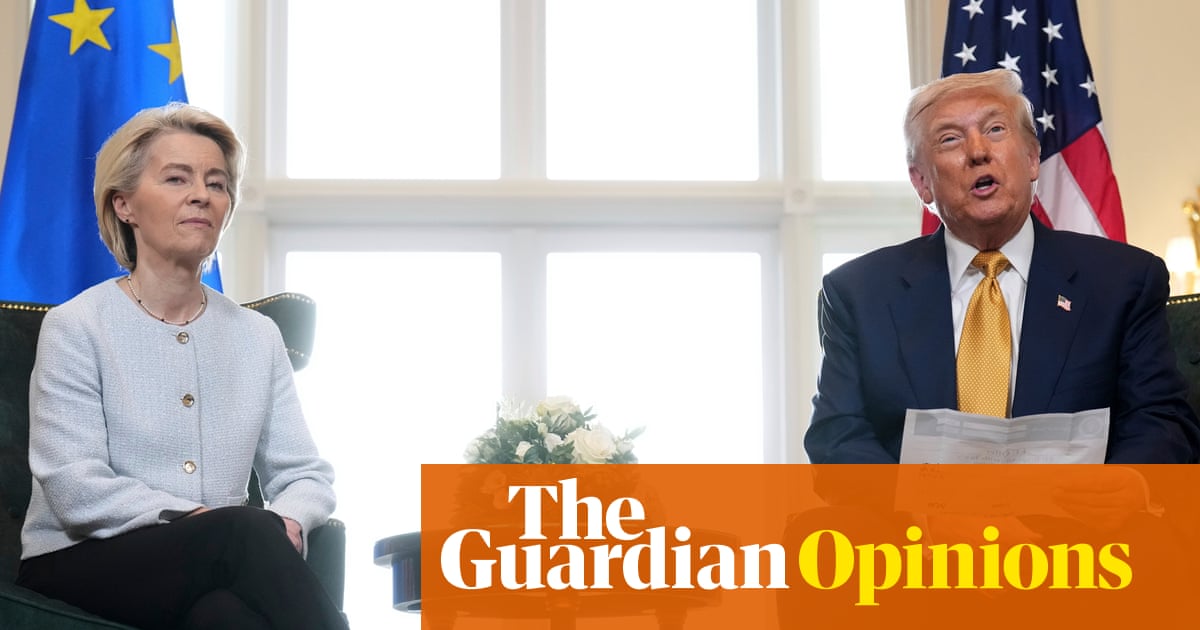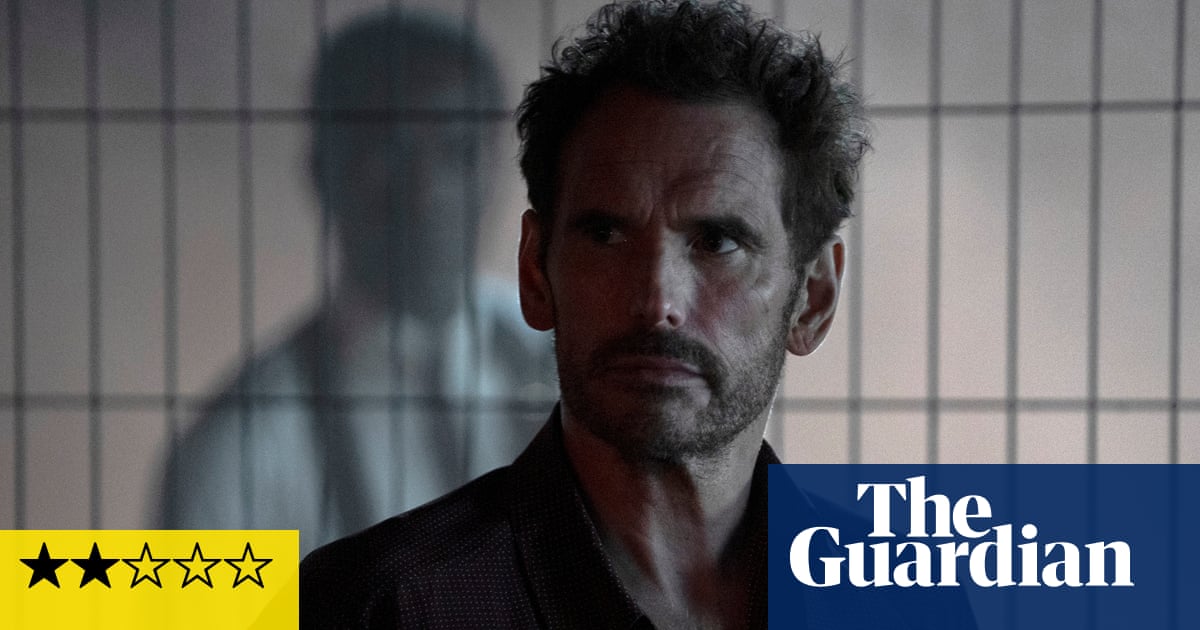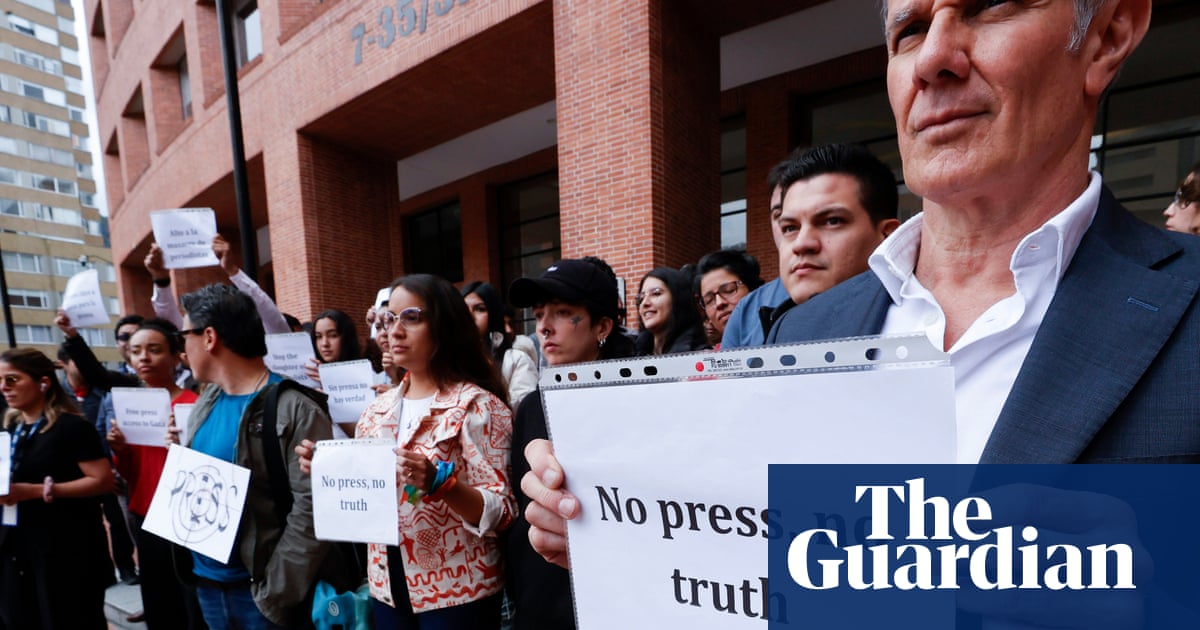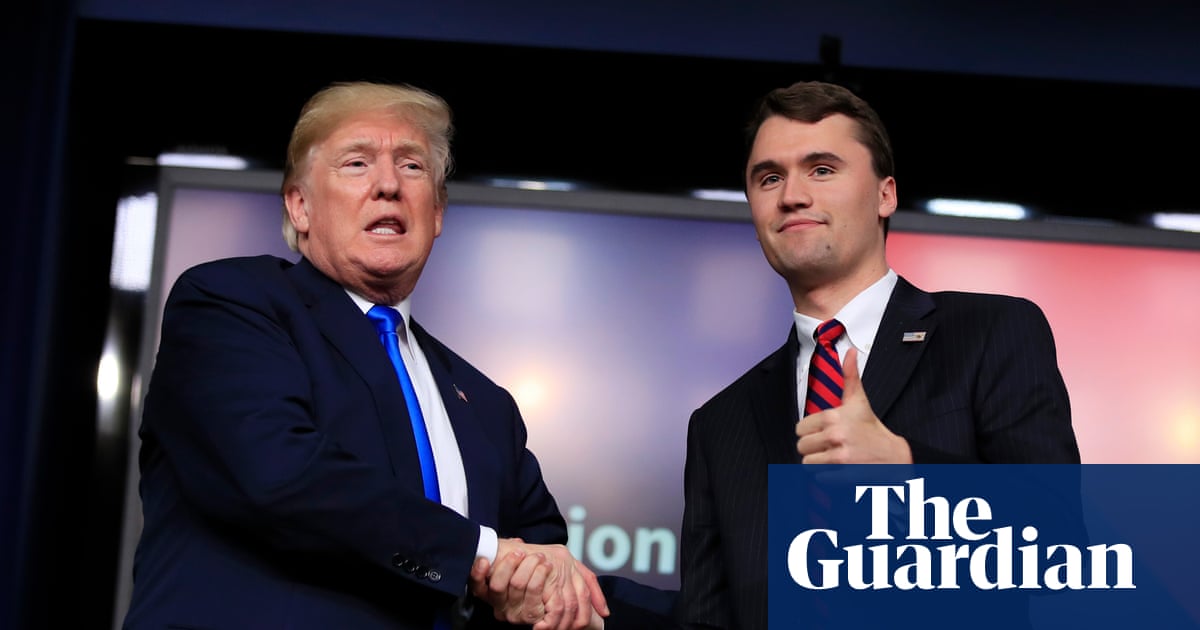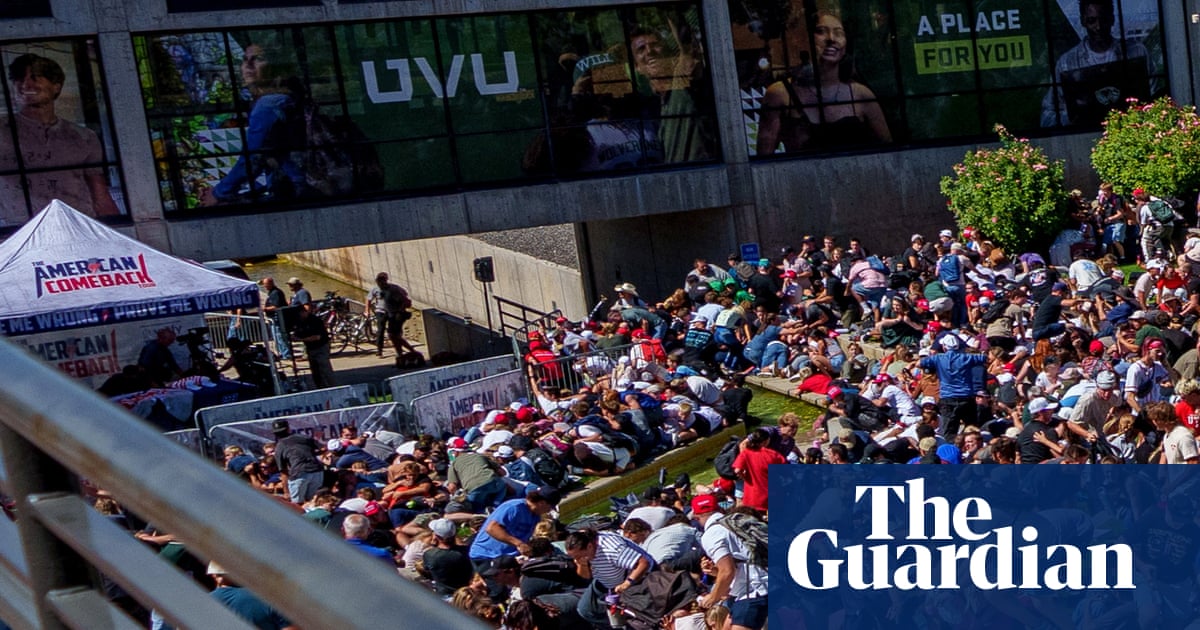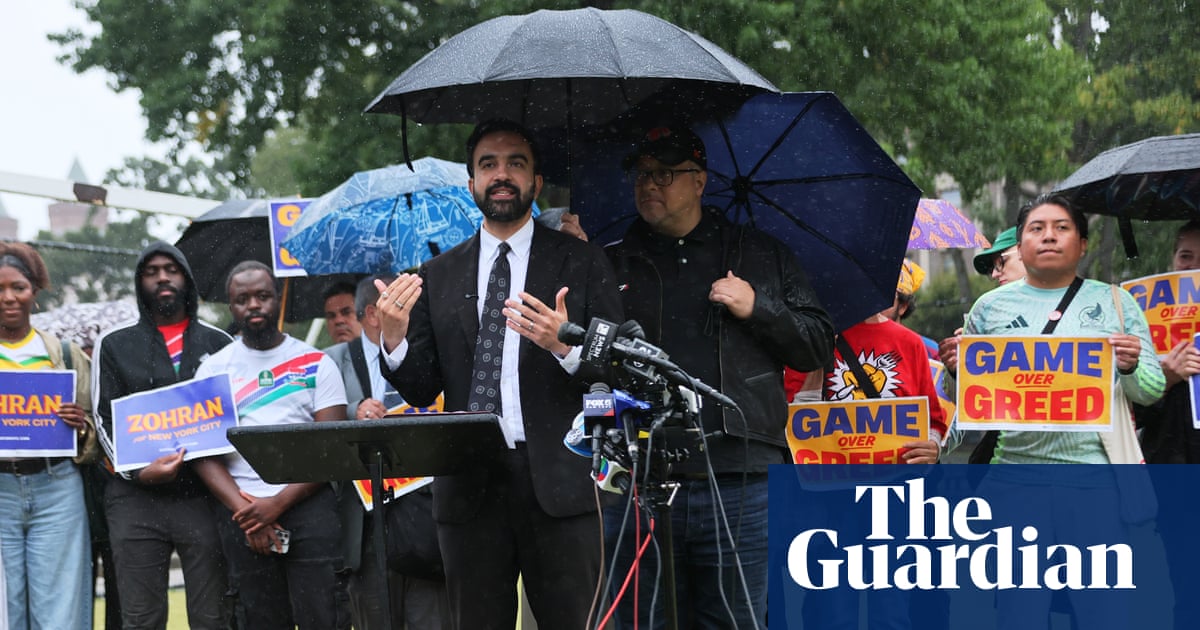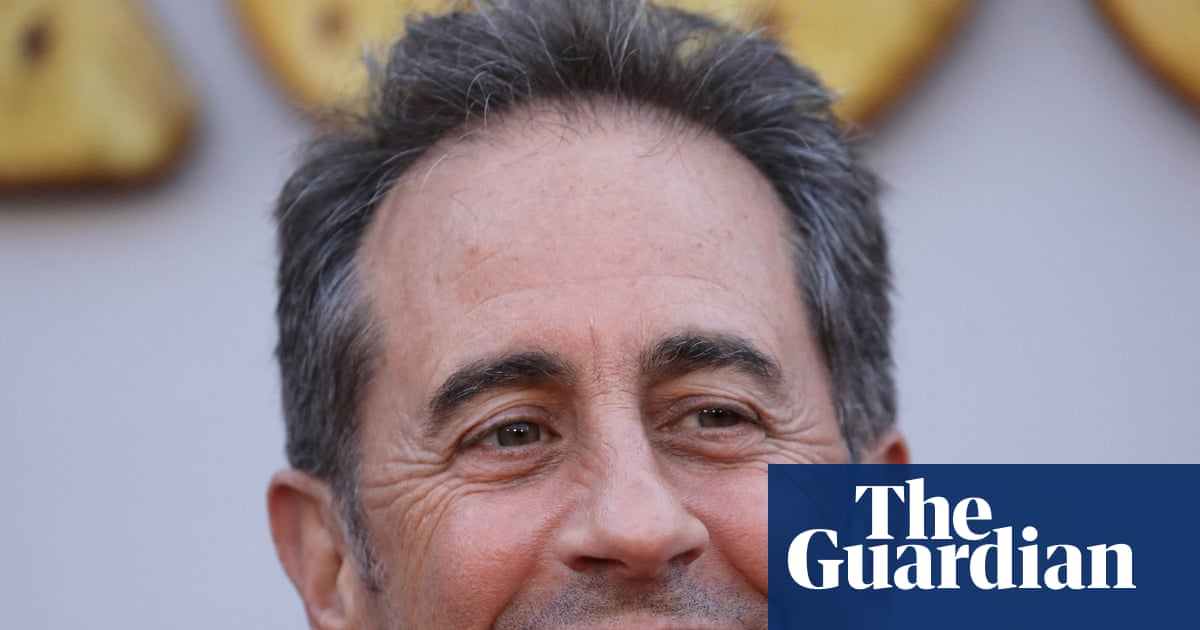Circle the wagons: Europe draws together confronting an enemy to its east and a rogue state to its west. “Everything has changed,” said the prime minister and chancellor, and so it has. Once nestled in the arms of Nato, now alarmingly alone, we have no choice but to embrace neighbours we shunned. Thanks to Vladimir Putin, (nearly) all Europeans now see clearly what was always the case. In danger we need each other, never mind fish or dynamic alignment.
But talking about less important things was always the British way. So headlines and the Today programme bang on about the 12-year continuance of the fishing deal struck by Boris Johnson, allowing French boats into our waters. It’s hard on fishing communities, but not worse than before. The Brexiters used and cheated fishers. But a government has to weigh up winners and losers when fishing contributes just 0.03% to UK GDP and 10,000 jobs. Now set that against the 2.5% of GDP we spend on defence with 164,000 jobs. As the pathway opens up for British defence industries to bid for contracts from the giant €150bn EU defence fund, that’s altogether another kettle of fish.
But there we go again, at risk of making the same old remainer mistakes we made last time. Economics be damned when an implausible picture of Nigel Farage grinning at the cameras with a box of fish as he floated down the Thames tapped more deeply into mythic memories of ancient Britain ruling the waves and sou’wester-clad fishers than any spreadsheets of GDP figures. He is straight out there now claiming this deal “will be the end of the fishing industry”, alongside those shouts of “surrender” and “total capitulation”. Oh dear, out pops the Tory lord Stuart Rose, former Marks & Spencer head, calling that “nonsense”: he was the disastrous leader of the official remain campaign.
This is the question: will this “reset” get the old war cries going, reopening the terrible times that split the country in half, broke families, turned friends into enemies? It still runs deep enough for pollsters to rely on leave/remain as a key voter identifier. Labour remainers were stricken by the allegation that they had lost any connection with working-class, non-graduate, left-behinders they thought they had championed all their lives, bringing grief to the very people bound to suffer most from Brexit’s damage. How could they? Labour has been paralysed by Brexit red lines, and so the Liberal Democrats, who never identified with the workers anyway, sweep up remainer votes with a pledge to rejoin. (They are Labour’s danger now, of which more later.)
Labour will carefully avoid popping remainer corks, though this deal is remarkably good for Britain, setting us on a path to repair colossal Brexit losses. Just hold on to this one figure: the Office for Budget Responsibility says that without Brexit Britain’s GDP would be 4% higher. Imagine what we could do with that, when every percentage point is worth another £25.6bn.
Yes, I know, those are more remainer numbers, but amid the direst squeeze on everything, with a horrendous spending round coming up shortly, most people know those numbers convert into real things – GP and dentist appointments, benefits for children and disabled people, reopening those hundreds of closed swimming pools, lost playing fields and shut libraries, and filling all the potholes. These losses, which I chronicle in the book The Only Way is Up, co-written with David Walker, are the baseline inheritance from which to judge Labour over the next few years. This EU deal is most likely to start yielding results first, while sustainable energy offers more hope; new towns or 1.5m more homes will take time. The very fact of easing cross-Channel trade should speed investment into Britain, brightening our prospects.
Eurovision results suggest we are not loved: Erasmus and youth exchange will open doors and maybe hearts. But to make this an experience for all, the government must dash to set up exchange programmes not as class-bound opportunities for the university half, but as the chance for apprenticeships, BTec courses and craft-skill experiences around Europe. Labour is alert to making EU links relevant to every household: no queues at passport e-gates; sharing data on crime, terror and traffickers; more jobs; cheaper food; pet passports and selling our sausages.
But there is more to be done. The Brexit omertà has to end here. Labour cannot continue the Blair/Brown mistake of refusing to talk of European values. There were good signs today as Keir Starmer and Ursula von der Leyen spoke not just of policy but of common political and social values, with democracy everywhere under threat. The EU has its fifth column to fight off from within – as Romania just did, with Poland and Portugal at the polls – resisting the threat of the Hungarian/Slovakian pro-Russian right.
That’s our fight, too. Starmer needs to take this beyond one day’s news and make bold speeches about this welcome EU friendship. He may find he gains respect for telling the truth about what Brexit has done to us, confronting head-on those who misled the country into Brexit calamity. The boot is on his foot, so kick hard, when only 30% of voters say Britain was right to leave, and just 11% that it has gone well. A good 64% are on his side, wanting closer EU relations: that casts the right wing on the wrong side. Here’s the best weapon against Farage, the man to blame for this fiasco, and it’s a death-dealer against the expiring Tories.
This is about defence of the realm, real danger, for which Starmer should raise defence bonds. Patriotism demands closer alliances. Those who raised the Brexit spectre of a “European army” as the ultimate EU shocker are now stranded on the beaches and Starmer’s “Britain is back on the world stage” is a good rebuke to them.
Labour’s political self-interest rests with stopping the exodus of support to the rejoining parties, the Lib Dems and the Greens. The psephologist and former YouGov president Peter Kellner shows Labour losing far more to its left than its right, and next time the departed will be angry enough not to vote tactically.
Block all ears to the absurdly anachronistic hullaboo from the old Brexiters and their hysterical press. Stop the Farage-favouring policies and lean back to Labour’s own side before they vanish altogether, Kellner warns. This deal should mark that turning point, a reset for Labour too.
-
Polly Toynbee is a Guardian columnist
-
Do you have an opinion on the issues raised in this article? If you would like to submit a response of up to 300 words by email to be considered for publication in our letters section, please click here.

 3 months ago
66
3 months ago
66
